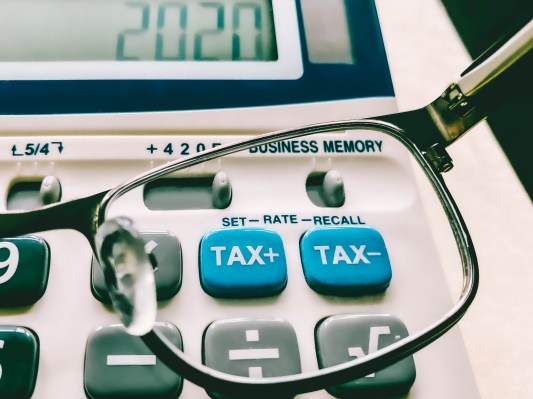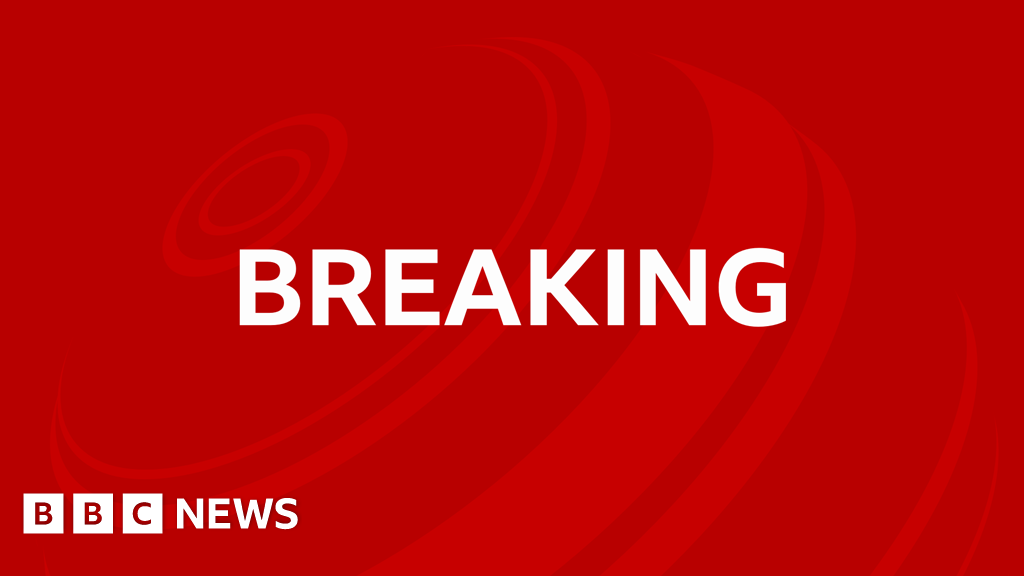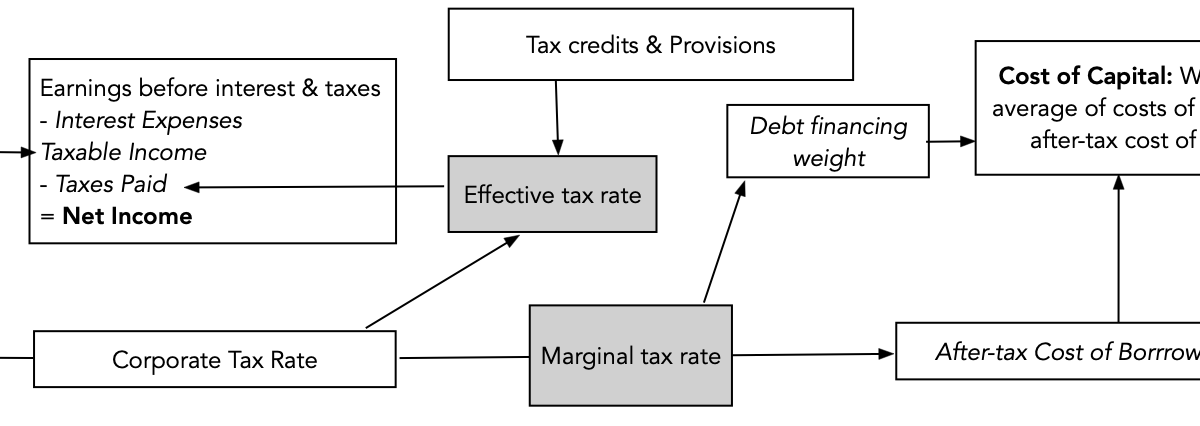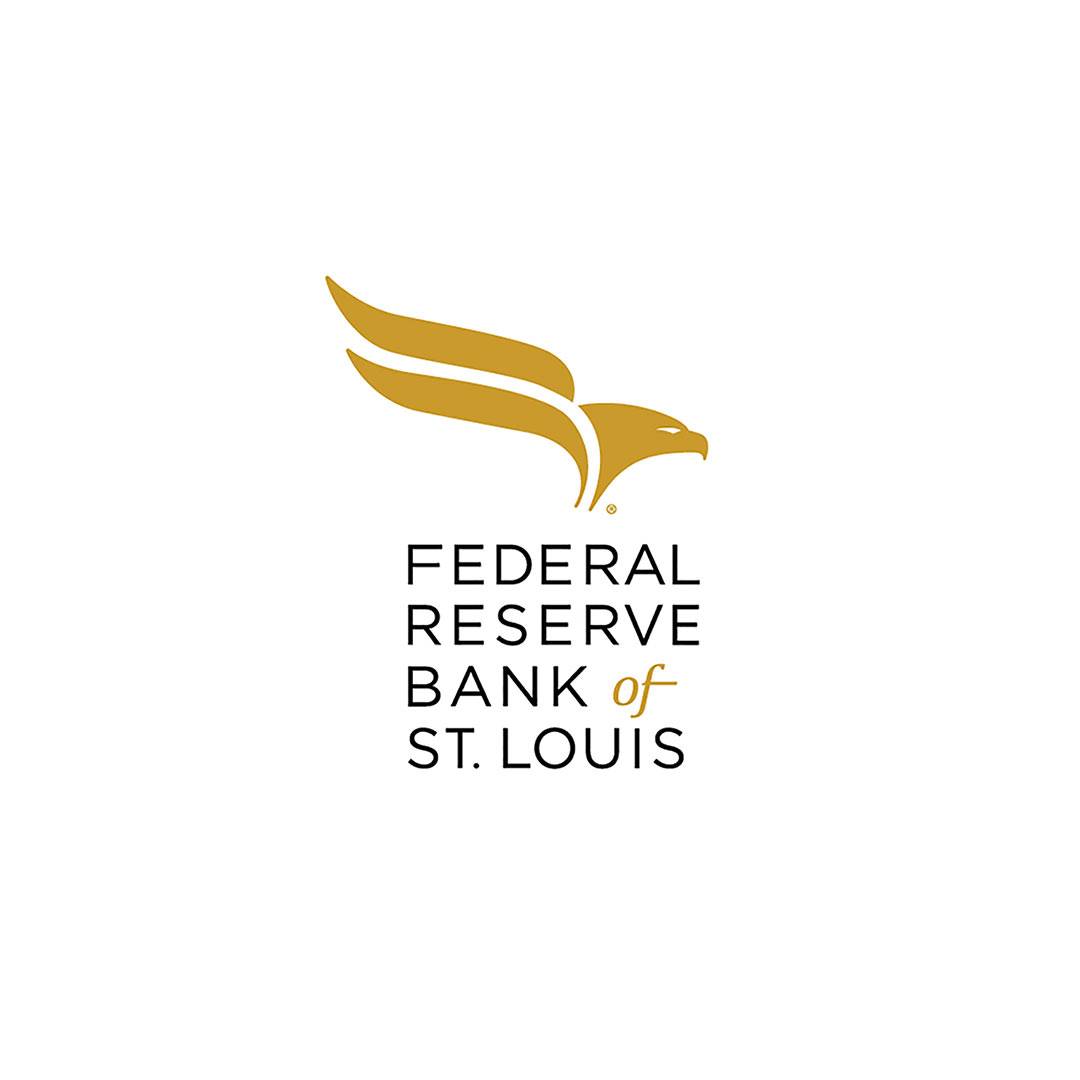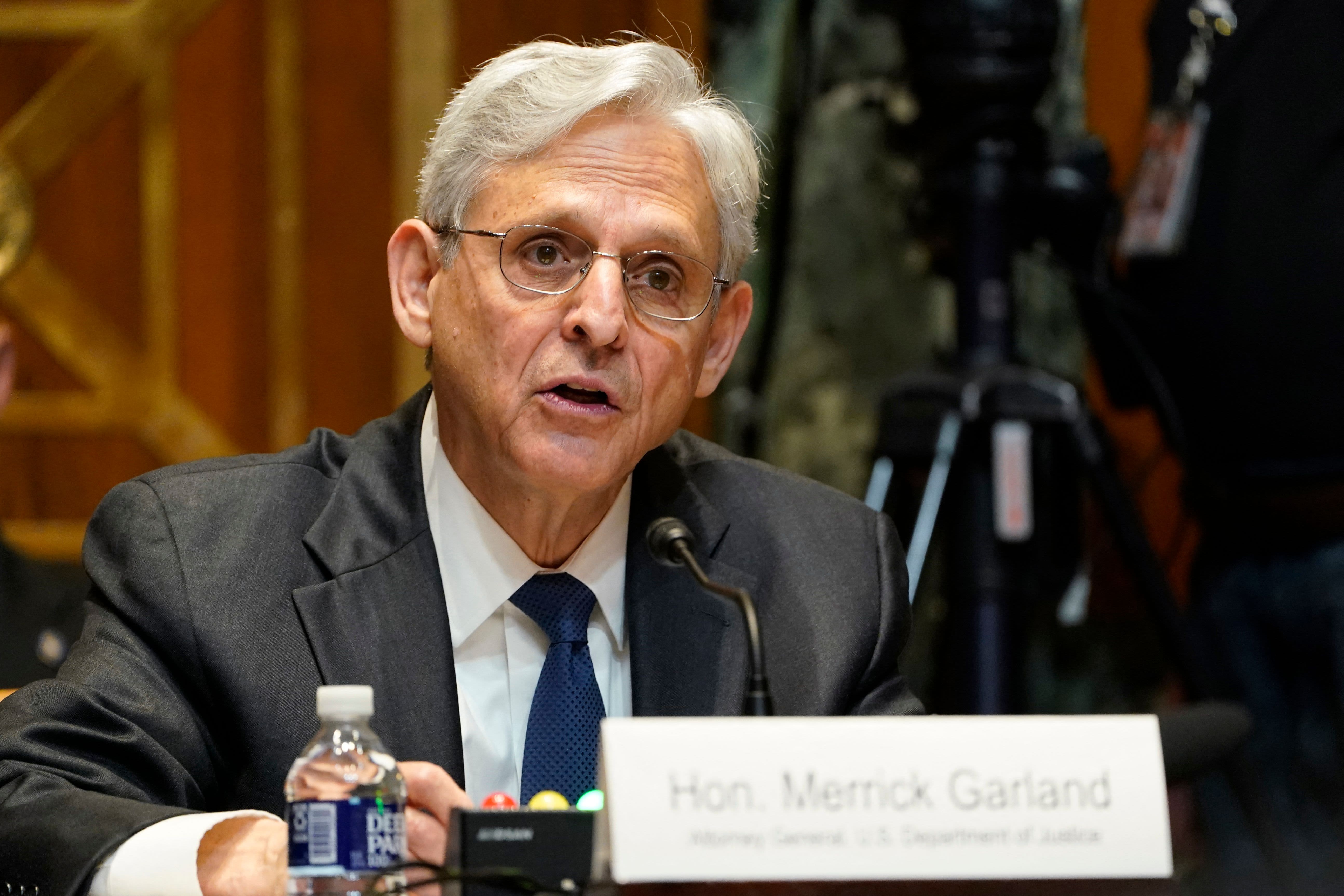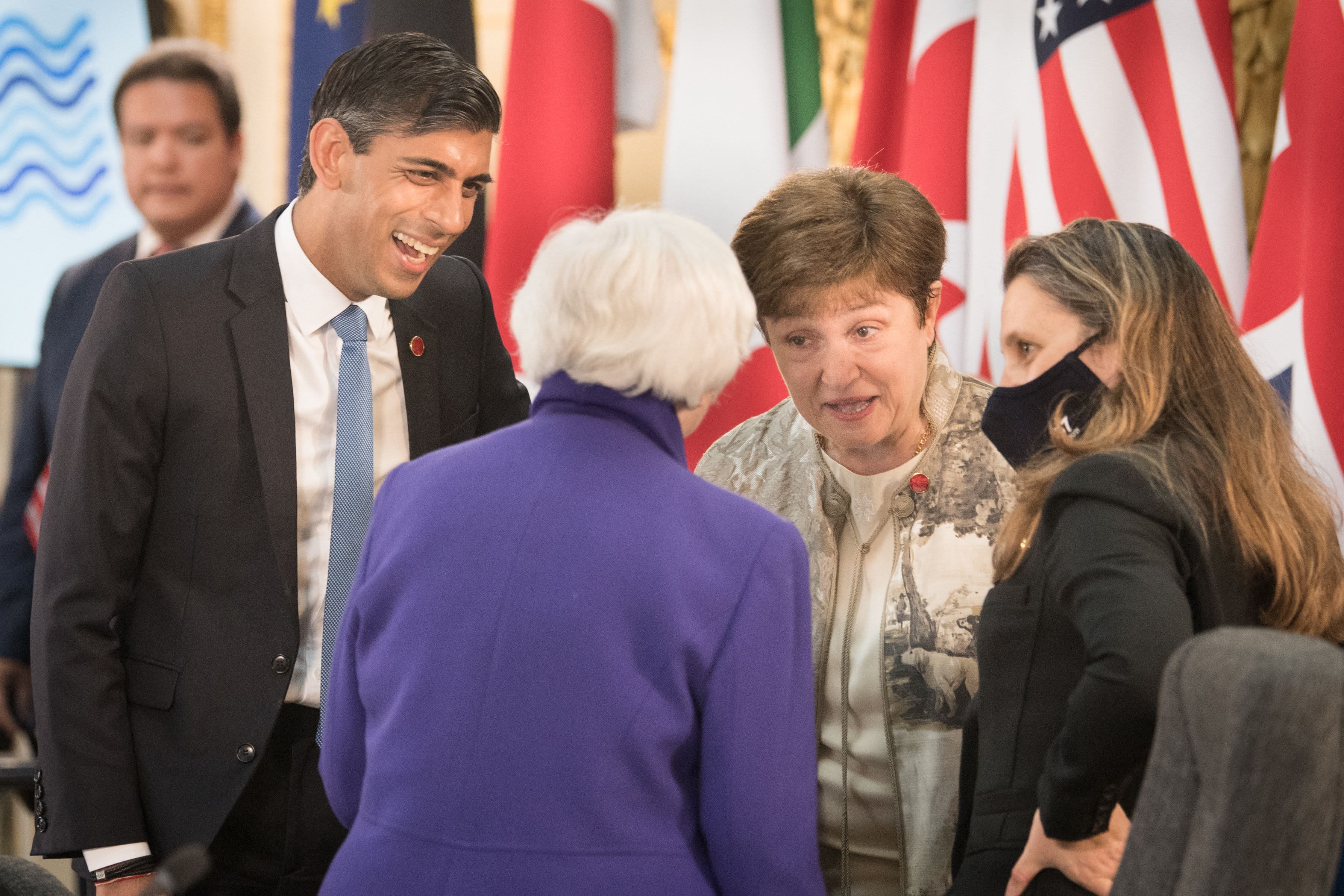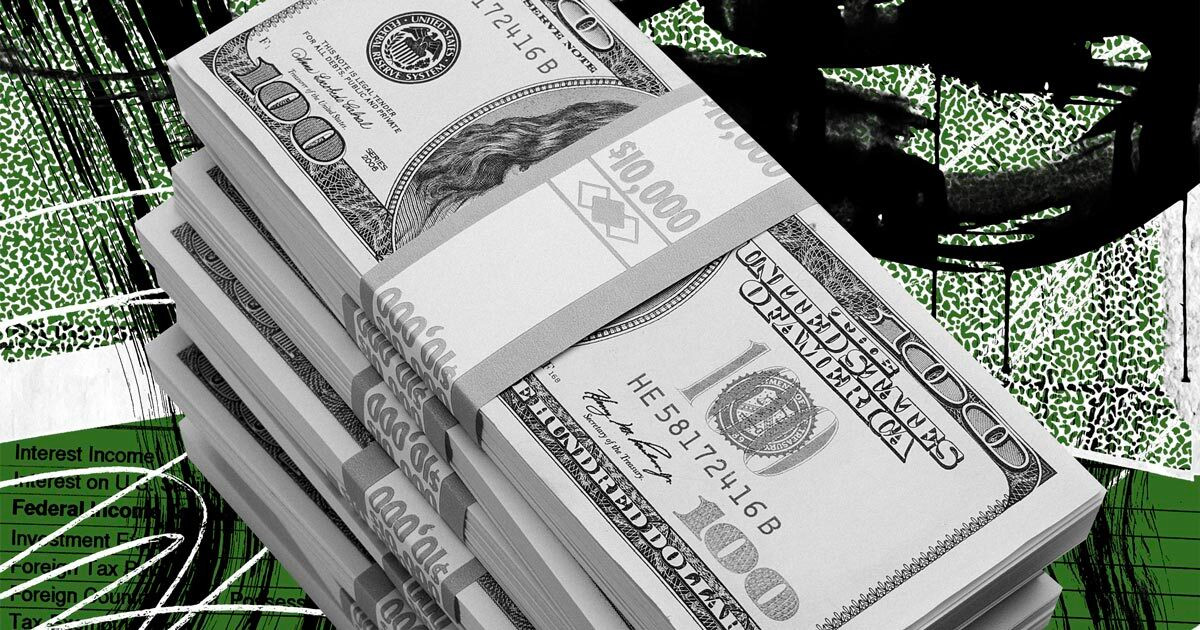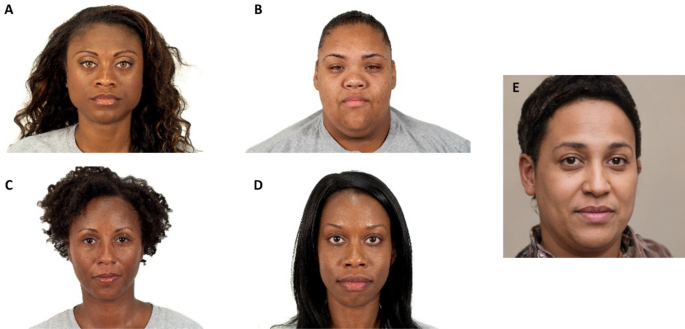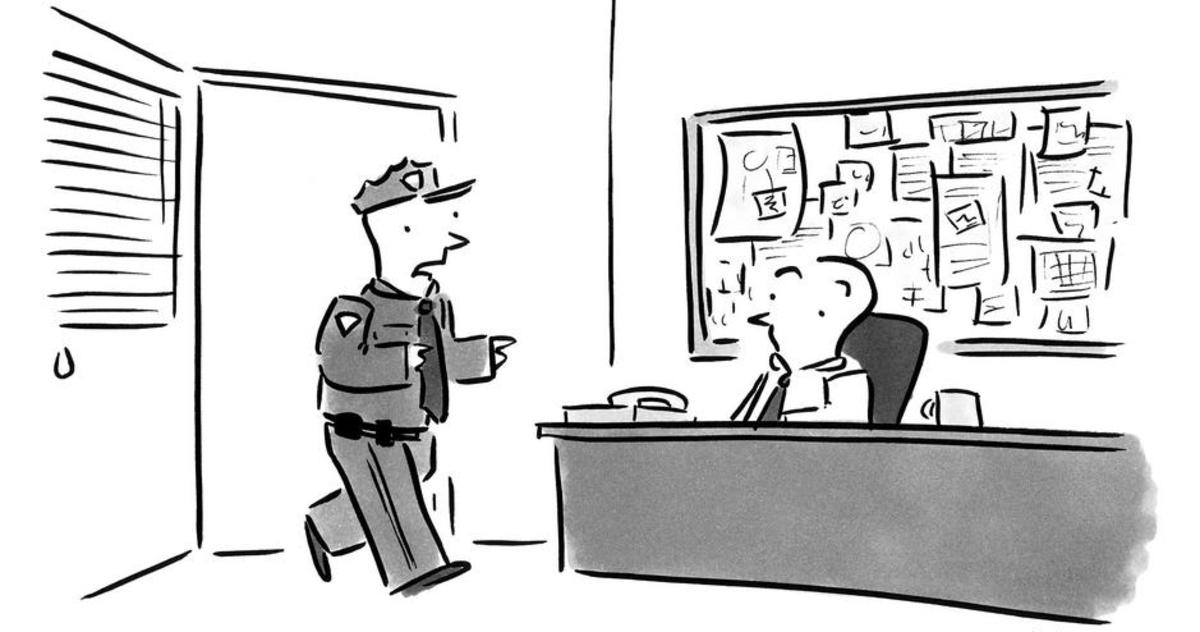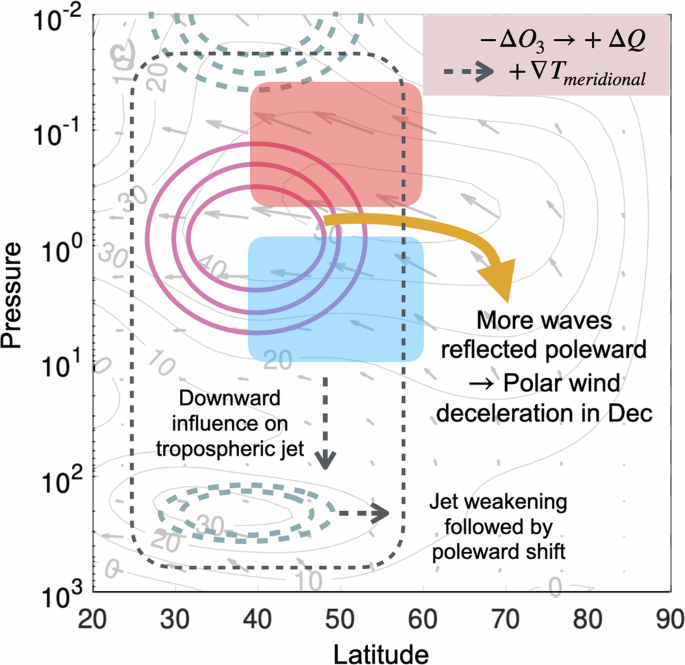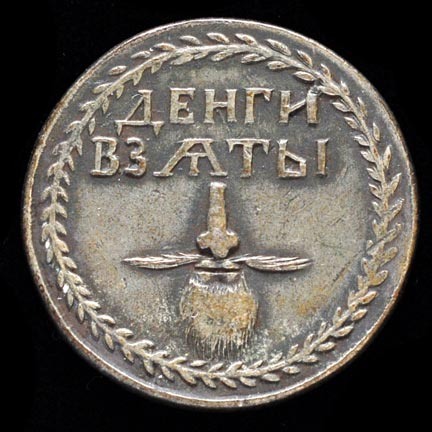
Beard tax - Wikipedia
A beard tax is a governmental policy that requires men to pay for the privilege of wearing a beard. The most well documented beard tax was in place in Russia during the 18th century.
In 1698,[ 1] Tsar Peter I of Russia instituted a beard tax as part of an effort to bring Russian society in line with Western European models. To enforce the ban on beards, the tsar empowered police to forcibly and publicly shave those who refused to pay the tax.[ 2] Resistance to going clean shaven was widespread with many believing that it was a religious requirement for a man to wear a beard,[ 3] and the Russian Orthodox Church declared being clean-shaven as blasphemous.[ 4]
The tax levied depended upon the status of the bearded man: those associated with the Imperial Court, military, or government were charged 60 rubles annually;[ a] wealthy merchants were charged 100 rubles per year while other merchants and townsfolk were charged 60 rubles per year; Muscovites were charged 30 rubles per year; and peasants were charged two half-kopeks every time they entered a city.[ 6]
The tax raised an average of 3,588 rubles annually from 1705 to 1708. However, from a financial standpoint, the tax was unsuccessful due both to the relatively low number of people unwilling to shave their beards and an overestimation of the ability of the Russian state to administer and collect the tax.[ 7] In 1772, the tax was formally repealed by Catherine the Great.[ 8]
